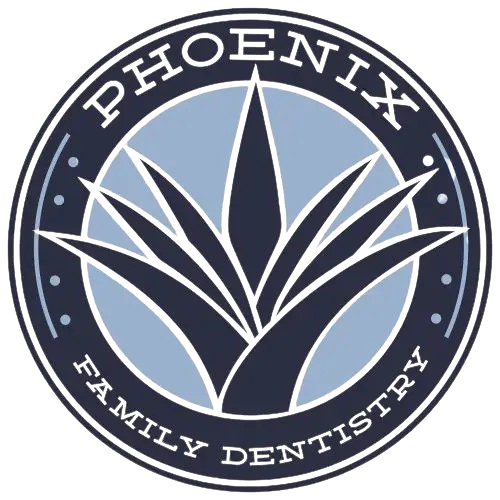When Will Bleeding After a Tooth Extraction Stop
For patients who have been suffering from a damaged or infected tooth, finally getting the tooth extracted can feel like a relief. However, bleeding after a tooth extraction can be worrisome and inconvenient. Before a patient undergoes a tooth extraction, it can be helpful to know what to expect in terms of bleeding.
When bleeding typically stops after extraction
After a tooth is extracted, a dentist in Phoenix, AZ or oral surgeon gives the patient gauze to gently bite down on. You'll be instructed to gently bite down on the gauze pad to apply pressure to the extraction site. This pressure helps minimize bleeding and allows a blood clot to form, which is essential for proper healing. You should keep the gauze pad in place for the recommended amount of time specified by your dentist, typically around 30 minutes to an hour.
Some patients become concerned after seeing what looks like a large amount of blood immediately after the extraction. However, blood mixed with saliva often makes it look like the extraction site is bleeding much more than it actually is.
In some cases, residual bleeding may continue up to 24 hours after the extraction. Seeing a small amount of blood periodically appear is normal. If excessive bleeding continues, a patient should reach out to the dentist in 85053 as soon as possible.
Tips to prevent bleeding from reoccurring
Once a blood clot has formed at the site of a tooth extraction, bleeding stops and the mouth can begin to heal. However, if the blood clot becomes dislodged, it may lead to both excessive bleeding and a painful condition called dry socket. In the days following a tooth extraction, patients should take several precautions.
Avoid drinking through straws
The suction caused by drinking through a straw can often be enough to remove a blood clot. Patients should avoid drinking through straws for a full week after an extraction.
Do not smoke or use tobacco
Smoking can also dislodge a newly formed blood clot. In fact, smoking is one of the most significant risk factors for developing dry socket: A 2011 study published in The Open Dentistry Journal found that 12% of patients who smoked developed dry socket after an extraction (compared to only 4% of non-smokers). Patients should also avoid smokeless tobacco, as certain chemicals found in tobacco products can delay healing. Call us to learn more.
Maintain proper oral hygiene
In some cases, bacterial buildup can cause the blood clot to break down. Patients should make sure to keep their mouths clean after a tooth extraction. Some dentists and oral surgeons will prescribe a medicated mouthwash to use for a day or so. Usually, gentle brushing is safe, but a patient's dentist may have specific instructions depending on the type of extraction.
Eat soft foods
The extraction site is likely to be painful for a few days. Soft foods are often easy to eat. However, patients should avoid soup, as sucking on the broth may pull out the blood clot. Crunchy or sticky foods should also be avoided, as they may become stuck in the extraction site.
Conclusion
It's essential to follow your dentist's post-operative instructions carefully to minimize the risk of complications and promote optimal healing after a tooth extraction. This includes avoiding activities that could disrupt the blood clot, such as vigorous rinsing, drinking through a straw, or smoking, and following any dietary restrictions or recommendations provided by your dentist. If you have any concerns or questions about bleeding after a tooth extraction, don't hesitate to contact your dental provider for guidance and assistance.
Request an appointment or call Phoenix Family Dentistry at 602-547-9007 for an appointment in our Phoenix office.









0 comments